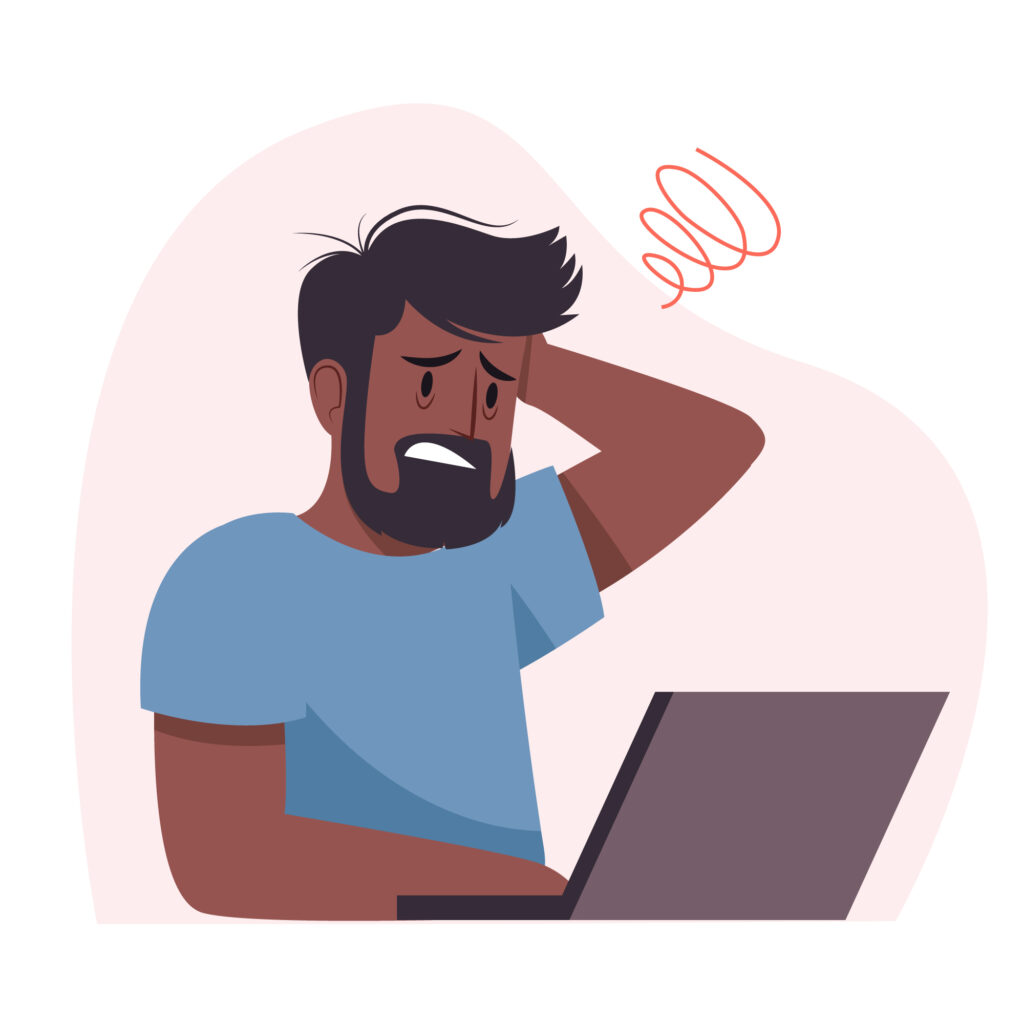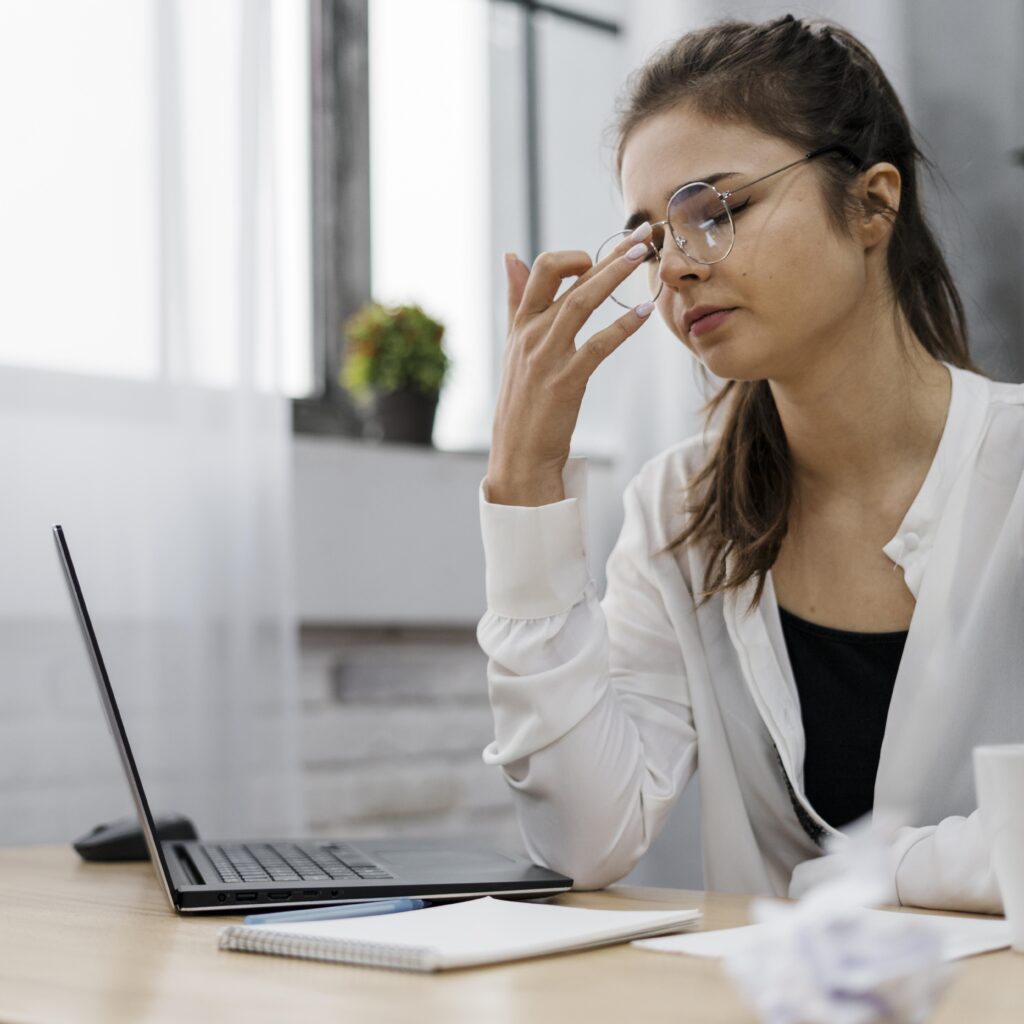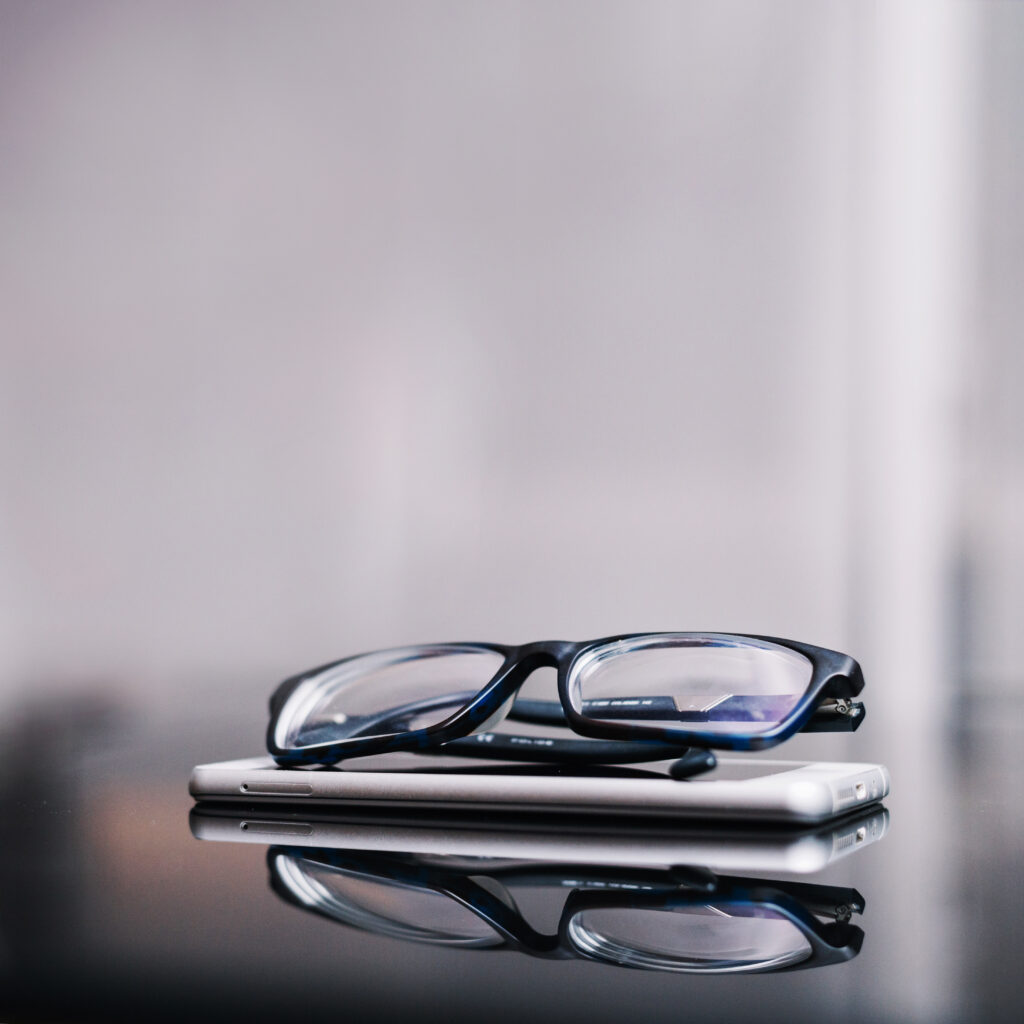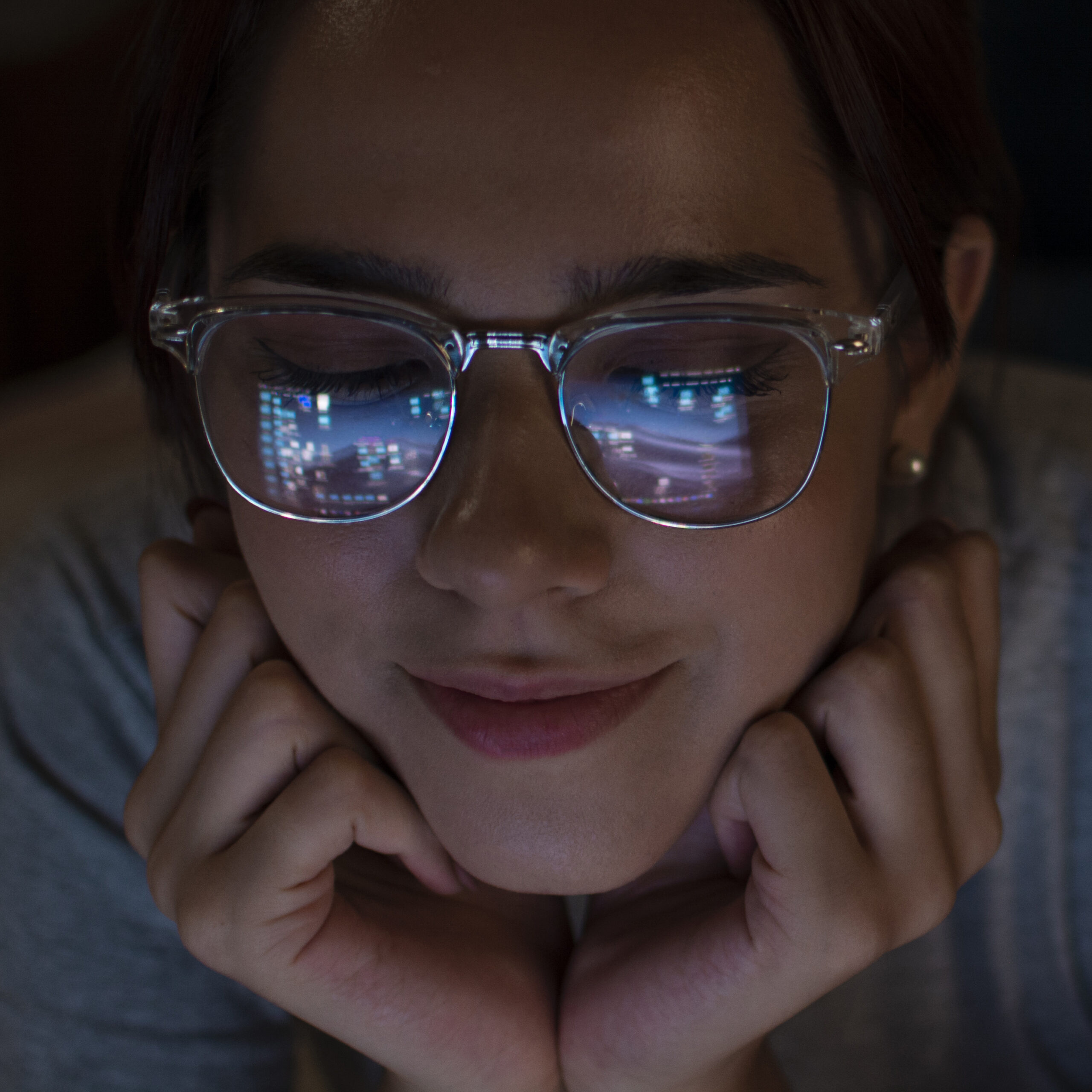In today’s digital world, it’s almost impossible to escape screens. From smartphones and laptops to tablets and TVs, we spend hours each day staring at glowing displays. This has raised a common concern: Is blue light from digital screens harmful to our eyes? And more importantly, do blue light glasses actually help?
ALSO SEE: Advanced Ophthalmology in Dubai | Eyemastr Care
Let’s break down the science, the myths, and what really works when it comes to protecting your eyes.

What Exactly Is Blue Light?
Light from the sun is made up of a spectrum of colors: red, orange, yellow, green, blue, indigo, and violet. Together, they create what we call white light.
Among these, blue light has a shorter wavelength and higher energy. While the largest source of blue light is the sun, artificial sources such as LED bulbs, computer screens, smartphones, and tablets also emit it.
Even though screen-related blue light exposure is far less than what we get from sunlight, the constant proximity of devices to our eyes has sparked worries about long-term effects.
How Does Blue Light Affect the Eyes?
Blue light penetrates deep into the eye, passing through the cornea and lens to reach the retina. Some animal studies suggest that high levels of blue light exposure could potentially damage light-sensitive retinal cells.
However, research shows that blue light from screens is nowhere near strong enough to cause this kind of damage. In fact, the levels we get from devices remain well below the safety limits set for eye health.
What Are Blue Light Glasses?
Blue light glasses, also called blue light blocking glasses, use lenses that filter or absorb blue wavelengths before they reach the eye. Some have a subtle yellow tint, but most look like standard lenses.
They have become a popular choice among people who spend long hours on computers or phones. But the real question is: do they live up to the hype?

Do Blue Light Glasses Actually Help?
So far, there is no strong scientific evidence that blue light glasses:
- Prevent eye damage
- Improve eye health
- Reduce eye fatigue
- Improve sleep quality
The College of Optometrists has clearly stated that the best available research does not support the use of blue-blocking lenses for the general population.
What About Eye Strain and Fatigue?
Many people buy blue light glasses hoping they will ease digital eye strain. While they may slightly reduce glare, research suggests that screen-related eye fatigue is not really caused by blue light at all.
Instead, it usually happens because:
- We spend too long focusing without breaks
- Screen text and images are small, requiring extra effort
- Glare from surrounding lights reflects off the screen or lenses
- Sitting too close strains the focusing muscles
The solution is not blue light glasses, but better screen habits.

Proven Alternatives to Reduce Eye Strain
If you are looking to protect your eyes and feel more comfortable when using digital devices, here are some science-backed tips:
Follow the 20-20-20 Rule
Every 20 minutes, look at something 20 feet away for at least 20 seconds.
Adjust Your Screen Settings
Balance brightness and contrast, and increase text size to reduce strain.
Consider Anti-Glare Lens Coatings
If you wear prescription glasses, choose lenses with anti-reflection coating to reduce glare from lights and screens.
Keep a Comfortable Distance
Maintain at least 20 to 24 inches between your eyes and the screen.
Varifocal or Digital Lenses for 40+
For people over 40 experiencing presbyopia (age-related focusing issues), specially designed digital lenses can make close-up screen use easier.

Should You Buy Blue Light Glasses?
If you like the idea of wearing them and find them comfortable, there is no harm. But do not expect them to be a miracle fix for digital eye strain or long-term protection.
The real key is good screen hygiene: regular breaks, proper lighting, and routine eye exams.
Blue light glasses may reduce glare, but they are not the solution to digital eye strain or long-term eye health. If your eyes feel tired after long hours at the screen, it is more likely due to how you use your devices rather than blue light itself.
Instead, adopt healthier screen habits and schedule regular eye check-ups. That is the most effective way to keep your eyes comfortable and protected in today’s digital age.
At Eyemastr, we are dedicated to helping you see clearly in a digital-first world. Stay tuned to our blog for more eye care tips, expert insights, and the latest in vision science.


